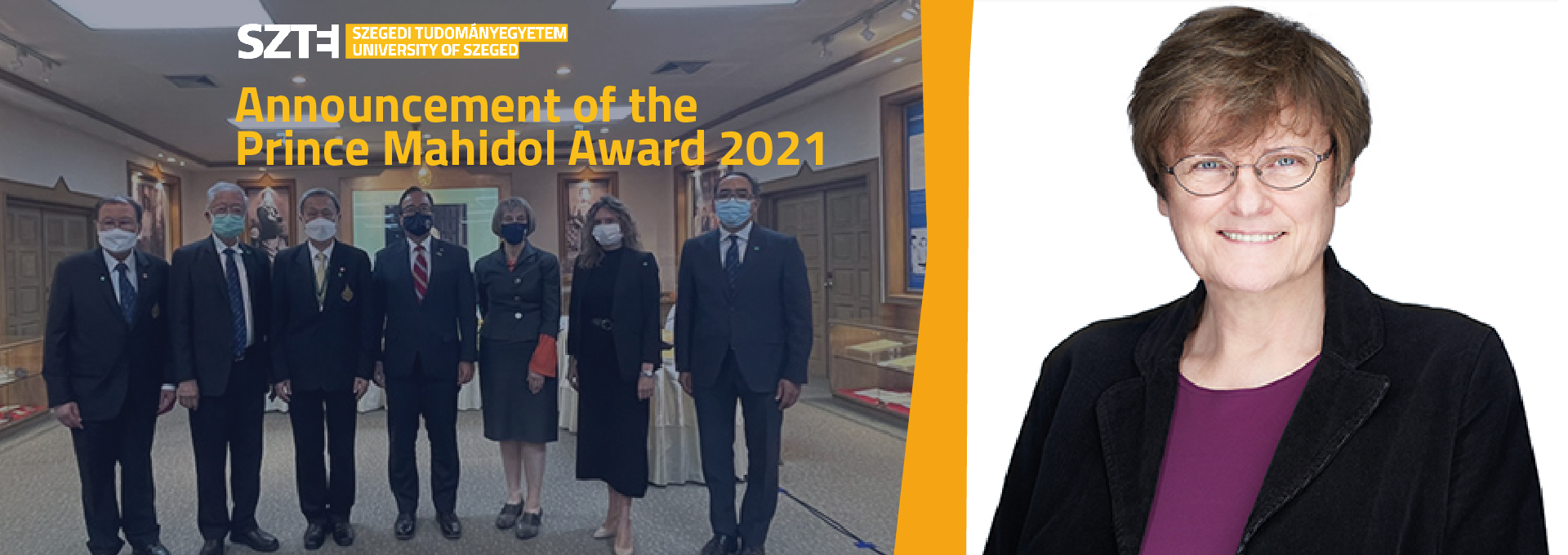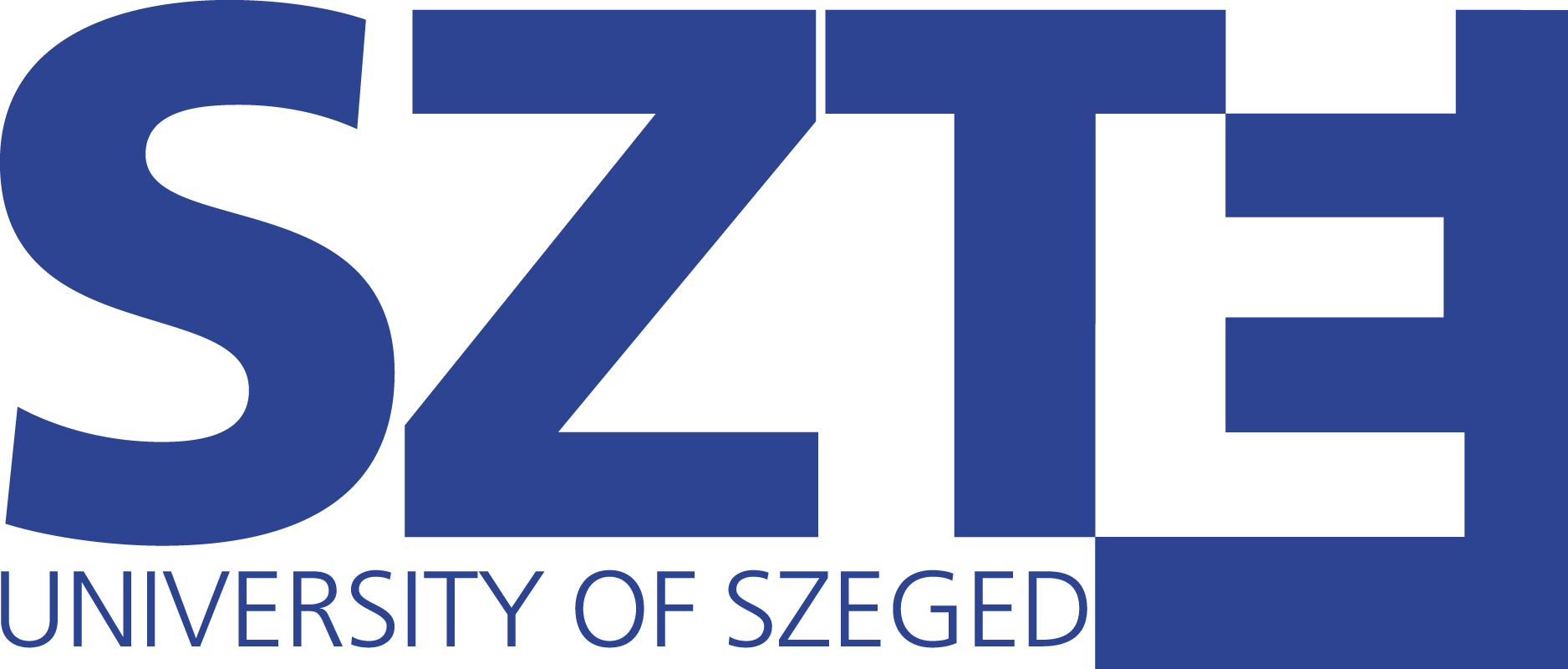
Katalin Karikó (Hungary/USA), Drew Weissman (USA) and Pieter Cullis (Canada) were announced as the winners of the 2021 Prince Mahidol Award in the field of medicine. The announcement was published on 15 November 2021 in Bangkok. The award was founded by the Royal Family of Thailand in 1992, and among the Awardees of the Prince Mahidol Award, 5 subsequently received the Nobel Prize.
The 2021 Prince Mahidol Award laureates are Katalin Karikó for her foundational discoveries in the technology of messenger RNA, her associate Drew Weissman who, along with Katalin Karikó worked on medical implementation of mRNA technology, as well as Pieter Cullins for implementing the principle and method of employing lipid nanoparticles in medical science. The announcement was made by the Board of Trustees of the Prince Mahindol Award Foundation during a press conference held on 15 November 2021 in Bangkok. There were 86 nominations from 35 countries.
Associate Professor Katalin Karikó received her Ph.D. from University of Szeged, Hungary, while Professor Drew Weissman received his M.D. and Ph.D. from Boston University. Assoc. “Prof. Karikó and Prof. Weissman have been working side by side in developing mRNA technology and its applications in medicine. In 2005, they discovered that modification of nucleosides in mRNA could reduce cellular reactions toward foreign RNA. This was an important step in the utilization of mRNA technology. Foreign RNA is naturally recognized by cellular anti-viral machinery, which suppresses translation of mRNA and induces inflammation. These reactions were the main obstacle preventing the applications of mRNA in prevention and treatment of diseases. This and subsequent studies of Assoc. Prof. Karikó and Prof. Weissman have led to the use of pseudouridine in mRNA production and invention of purification method for pseudouriine-containing mRNA. These are the critical basis for the mRNA vaccine development.” Prof. Pieter Cullis from the University of British Columbia is a pioneer in lipid nanoparticles, which technique has been successfully employed to develop the delivery system of mRNA vaccines.
According to the press release about the 30. Prince Mahidol Award winners the mRNA vaccine serves as a modern tool for the control of COVID-19 pandemic. At the same time, adding RNA to the cells will support the prevention and treatment of several conditions, as well as open the doors for various uses of the RNA technology in the future.
The Prince Mahidol Award Foundation under Royal Patronage was founded on 1 January 1992 in commemoration of the Centenary Birthday Anniversary of His Royal Highness Prince Mahidol of Songkla. The award founded by the Royal Family of Thailand is given twice a year for individual(s) or institution(s) for outstanding performance and/or research in the field of medicine for the benefit of mankind and for outstanding contribution in the field of public health for the sake of the well-being of the peoples All awards come with a medal, certificate and 100 000 USD cash prize.
Among the Awardees of the Prince Mahidol Award, 5 subsequently received the Nobel Prize. Katalin Karikó had the opportunity to meet one of the laureates, Sir Gregory Paul Winter in Cambridge. Amongst the ample awards the SZTE Alumna received so far, this is her second honour coming from Asia – along with the Keio Medical Science Prize.
More articles available on our: SZTE News Portal.
More information about Katalin Karikó, Honorary Doctor and Alumna of the University of Szeged is available on the websiate of the website of SZTE Klebelsberg Library.
Article written by: Ilona Újszászi
Translated by: Zsuzsanna Papp

